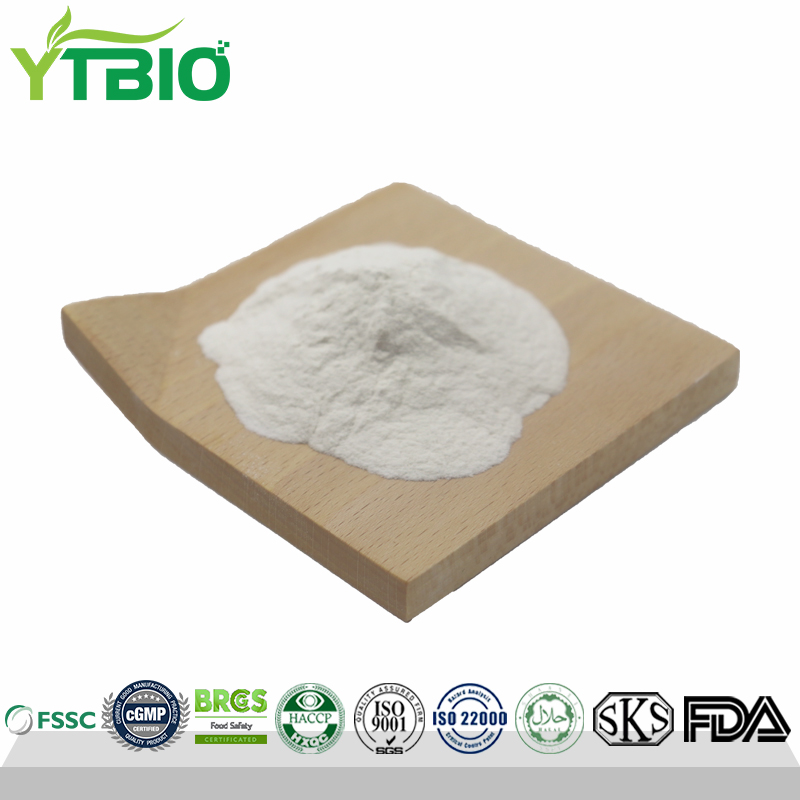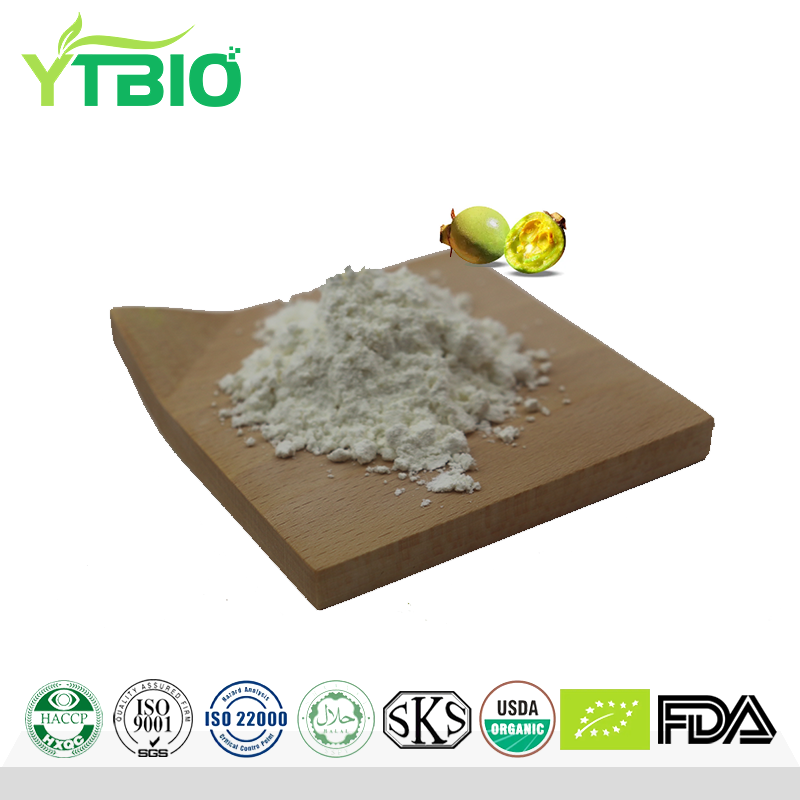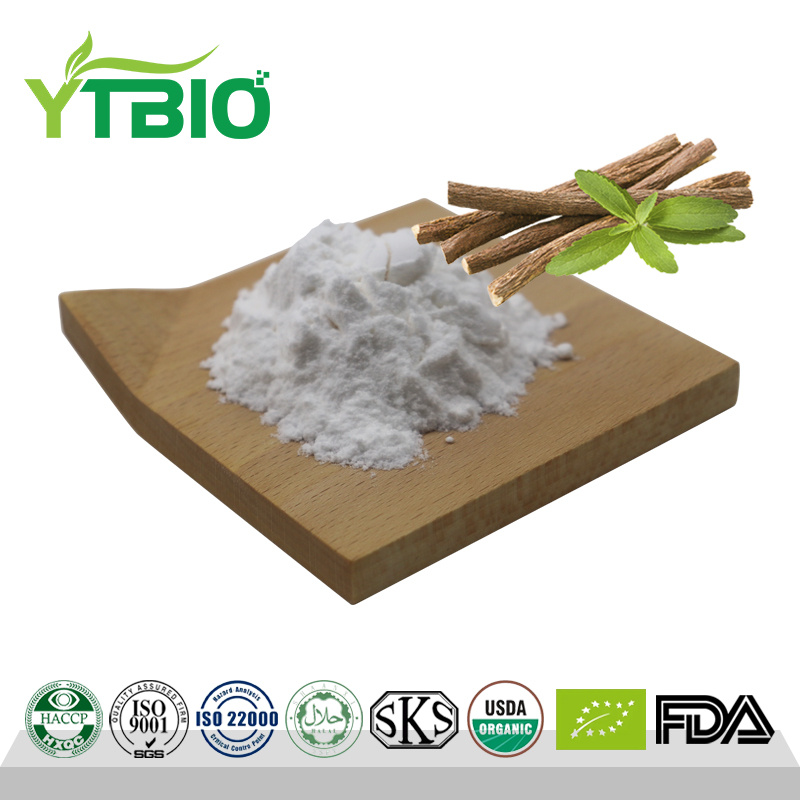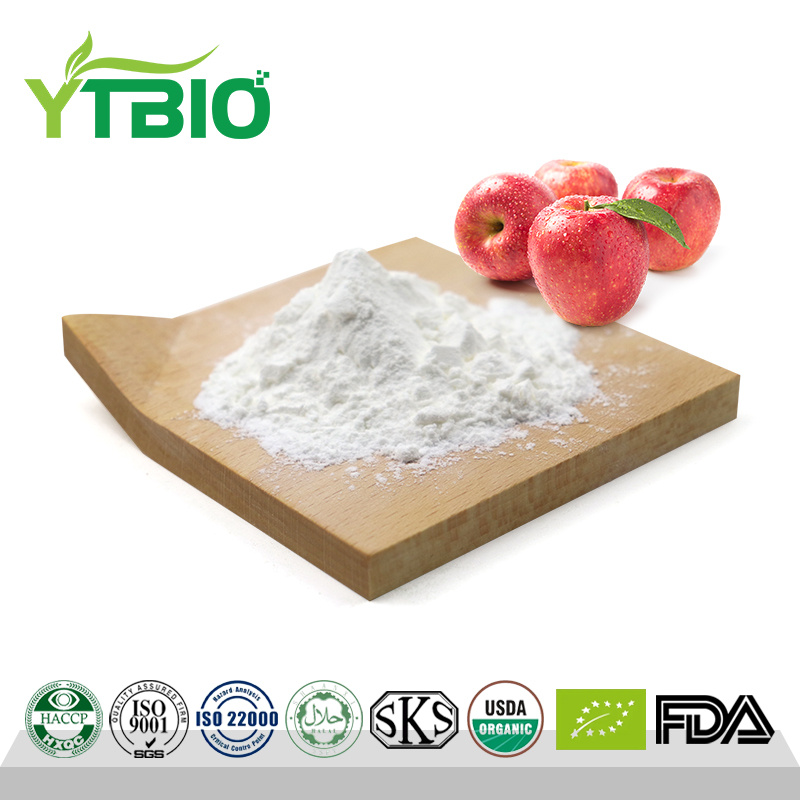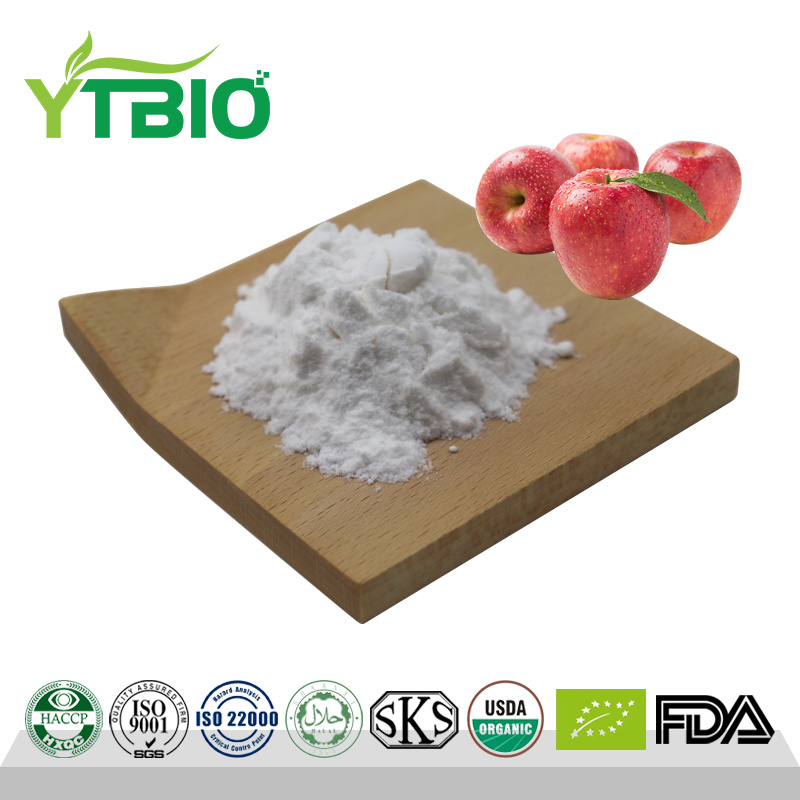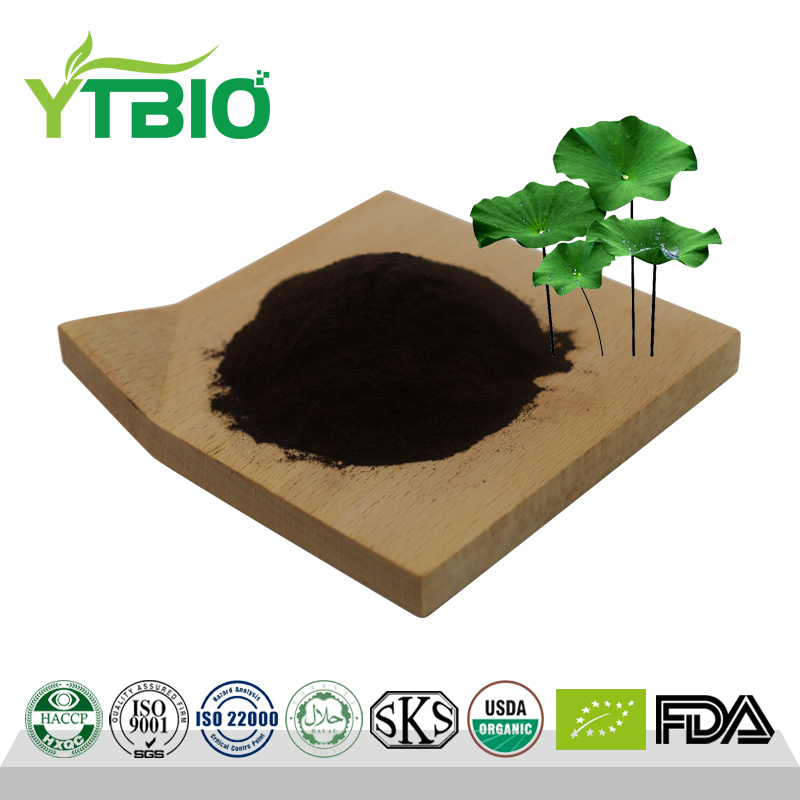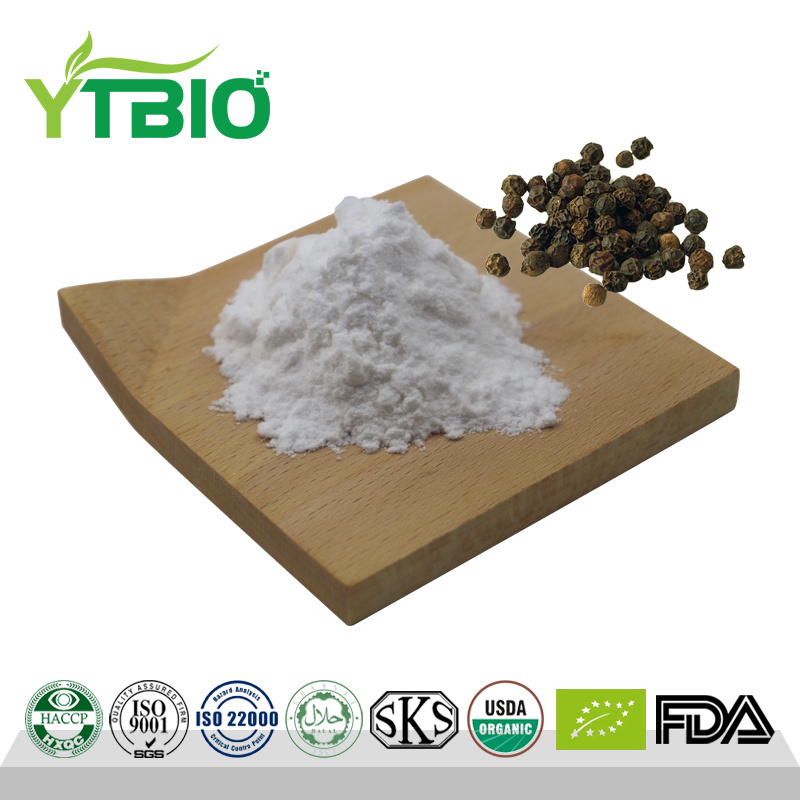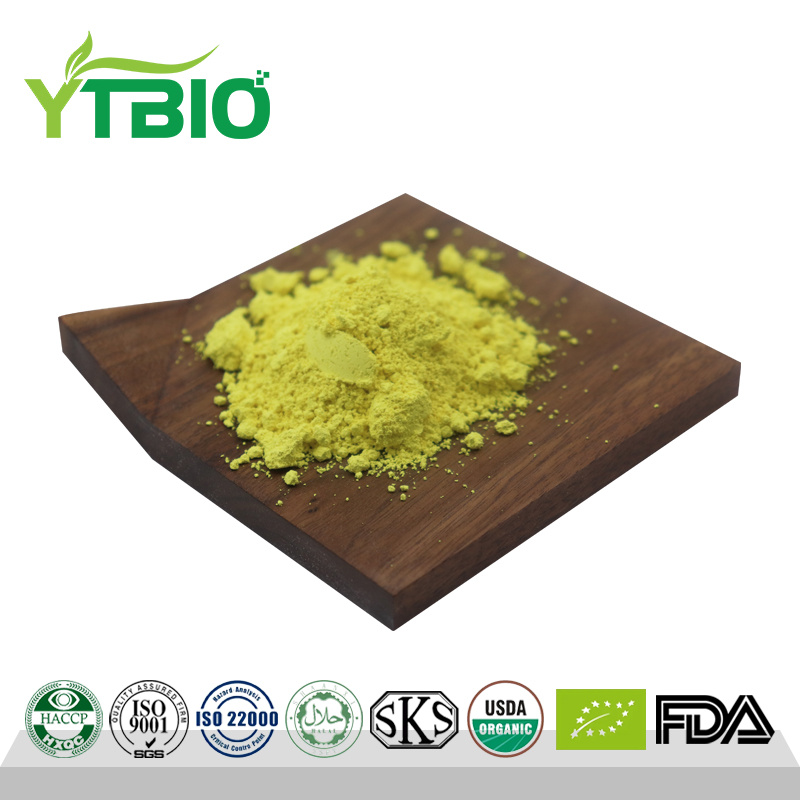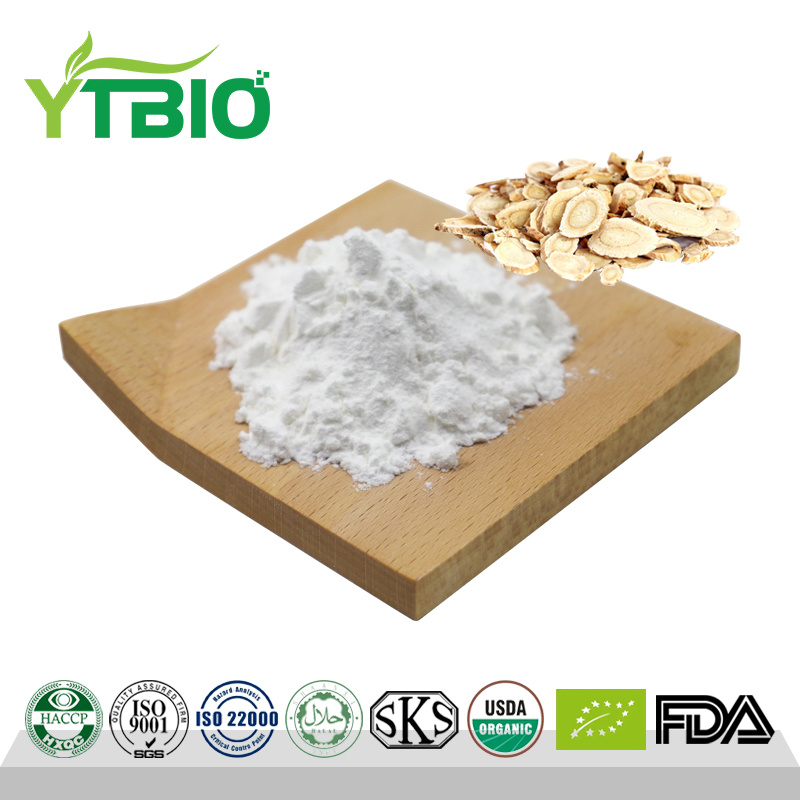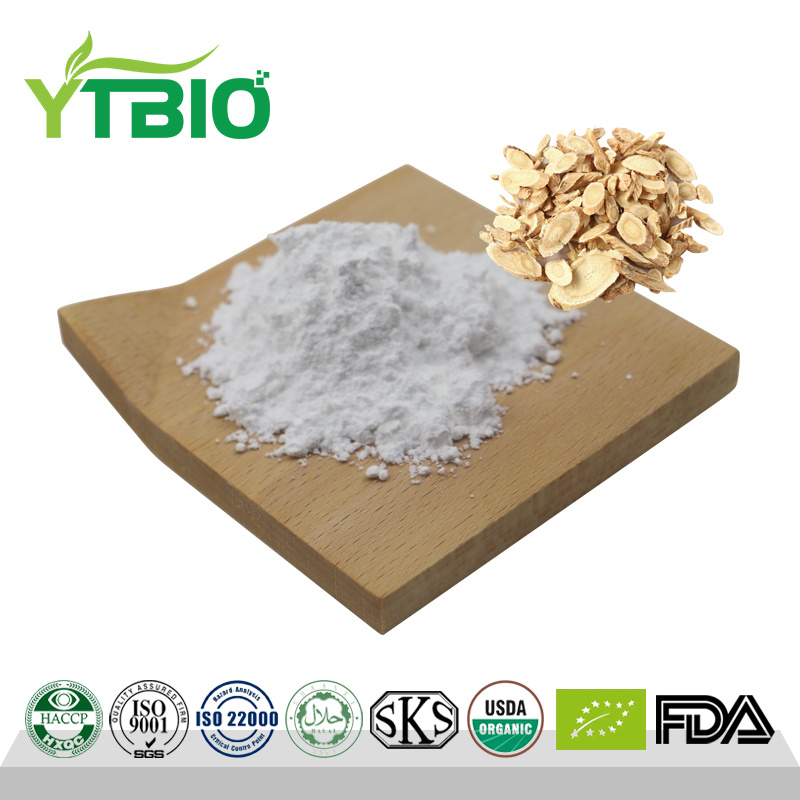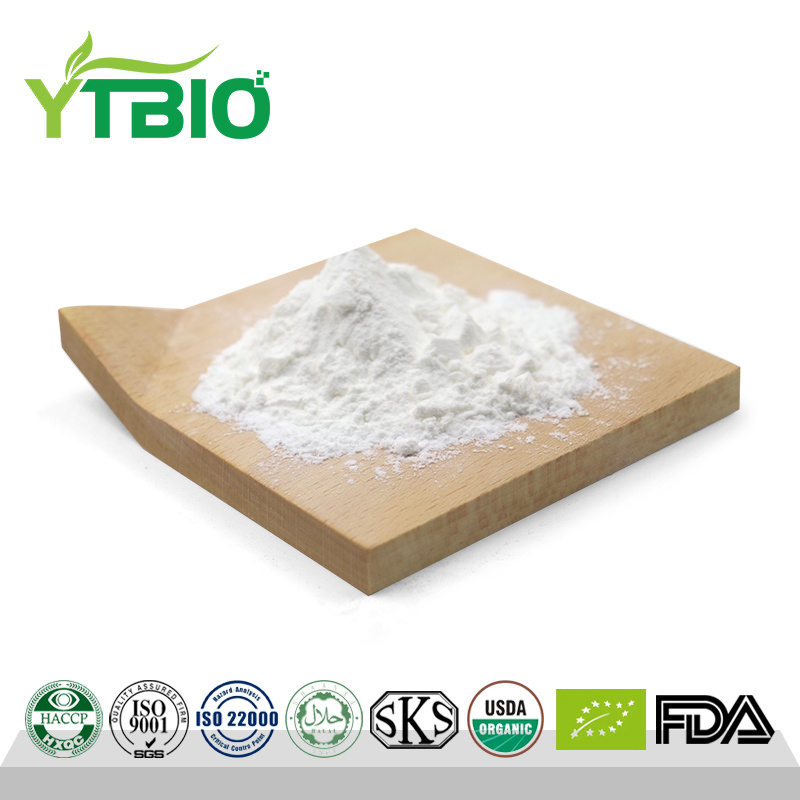98% Progesterone Powder CAS 57-83-0
What is progesterone?
Progesterone (also known as luteal hormone, chemical name: pregn-4-ene-3,20-dione) is an endogenous steroid and progestogenic hormone. It is the primary progestogen in the body, mainly secreted by the luteal cells of the female ovaries.
Progesterone is a 21-carbon steroid hormone and also an intermediate in the synthesis of all steroid hormones. It exists in two crystalline forms, α-type and β-type, both of which have the same physiological activity.
● α-type precipitates from dilute ethanol, forming orthorhombic white prismatic crystals.
● β-type forms orthorhombic white needle-like crystals.
● Both forms are insoluble in water but soluble in ethanol, ether, chloroform, acetone, dioxane, and concentrated sulfuric acid.
Progesterone plays a crucial role in the female reproductive system, participating in menstrual cycle regulation, pregnancy maintenance, and embryonic development. As an intermediate in steroid hormone synthesis, progesterone is not only a key progestogen but also plays a vital role in various physiological functions within the body.
What are the benefits?
Immune Protection
Progesterone has immunoprotective effects and can suppress immune responses. Studies have shown that when certain tumor cells are implanted into the uterus of animals, they are only successfully implanted without rejection in animals injected with progesterone. This indicates that progesterone can inhibit immune responses, thereby protecting the embryo from maternal immune rejection. During normal pregnancy, the increase in progesterone levels helps prevent the embryo from being attacked by the maternal immune system, ensuring the maintenance of pregnancy. Conversely, insufficient progesterone may lead to embryo rejection and miscarriage.
Embryo Implantation
After ovulation, progesterone secreted by the corpus luteum transforms the endometrium from the proliferative phase to the secretory phase, making it receptive for embryo implantation. The stromal cells of the endometrium differentiate into decidual cells, which are rich in glycogen granules, providing nutrients for the embryo. Progesterone also induces decidualization of endometrial stromal cells and regulates the expression of various implantation-related factors through autocrine or paracrine mechanisms. Therefore, progesterone is essential for maintaining decidualization and embryo implantation.
Inhibition of Uterine Contractions
Research has shown that progesterone alters the permeability of uterine cell membranes to ions, keeping the membrane in a hyperpolarized state, thereby reducing the excitability and conductivity of uterine muscles. Additionally, progesterone decreases the sensitivity of uterine muscles to various stimuli, including oxytocin, preventing uterine contractions that could expel the embryo, thus playing a role in pregnancy maintenance.
Other Functions
Progesterone raises maternal blood glucose levels, stimulating fetal insulin secretion, which in turn promotes fetal growth. Moreover, progesterone stimulates the synthesis of certain uterine proteins, helping to maintain pregnancy status.
Conclusion
Progesterone plays multiple crucial roles during pregnancy, including immune protection, promoting embryo implantation, inhibiting uterine contractions, and supporting fetal growth. It is an essential hormone for maintaining pregnancy.
Application direction
Progesterone is widely used in the field of pharmaceutical and health care products.



